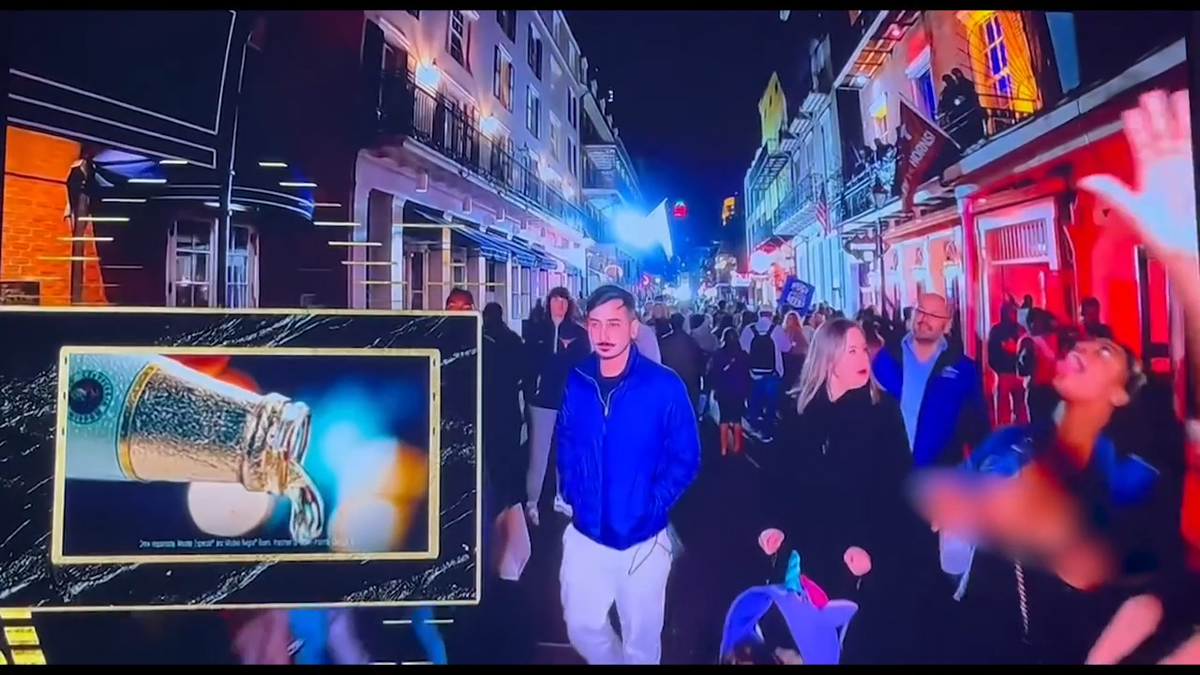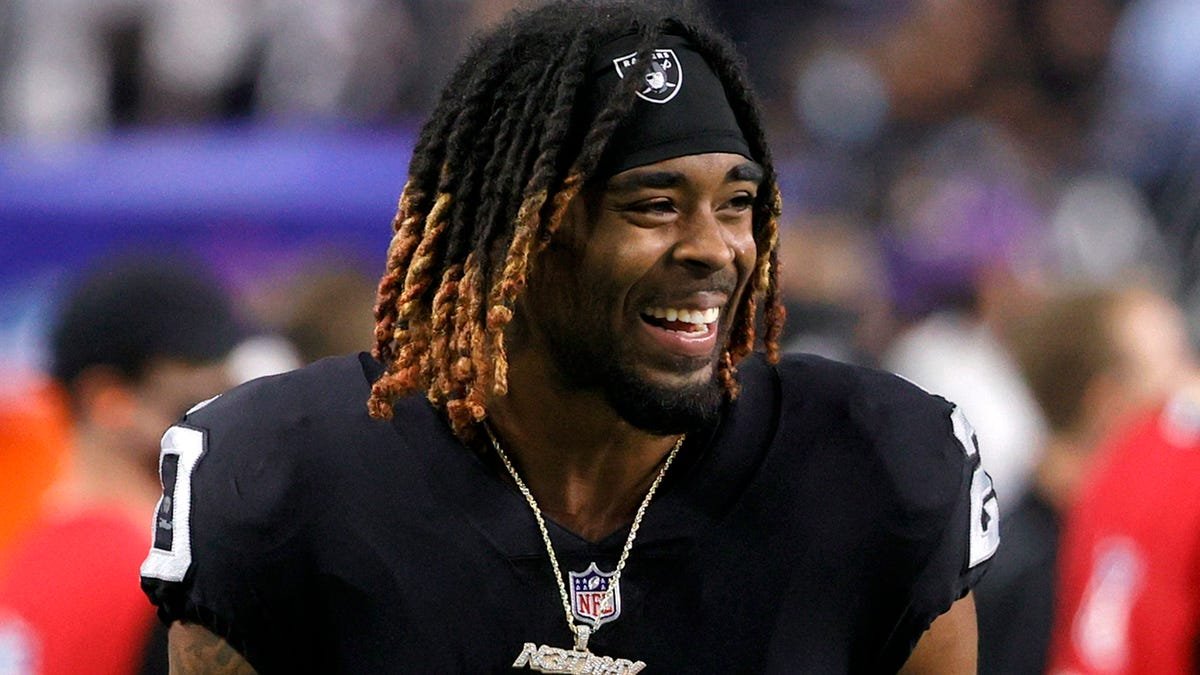ESPN Apologizes for Airing Inappropriate Content During Sugar Bowl Broadcast
What happens on Bourbon Street doesn’t always stay on Bourbon Street. In one case, it gets broadcast to millions of people. Most broadcasts typically air shots of city landmarks and famous neighborhoods when they cut in and out of commercial breaks. However, during ESPN’s broadcast of the Sugar Bowl, a major college football game, the network made a major blunder by airing inappropriate content.
The incident occurred when the broadcast cut to a shot of New Orleans’ Bourbon Street, known for its lively atmosphere and party culture. Instead of showing the usual scenes of revelers enjoying themselves, the network aired a clip of a woman flashing her breasts in exchange for beads. The incident was seen by millions of viewers, including families who were watching the game.
This lapse in judgment by ESPN has caused outrage among viewers and has raised questions about the network’s standards and practices. Many were shocked that such explicit content was aired during a live sporting event, especially one as prestigious as the Sugar Bowl. The incident has also sparked a debate about the appropriateness of broadcasting such content on national television.
For reference on how many may have seen the NSFW slip, last year’s primetime semifinal broadcast – the Peach Bowl between Georgia and Ohio State – averaged 9.8 million and 22.45 million viewers across ESPN’s various networks. This incident raises concerns about the impact it may have had on younger viewers who were exposed to explicit content during a family-friendly event.
ESPN has since issued an apology for the incident. “We regret that this happened and apologize that the video aired in the telecast,” said ESPN’s Bill Hofheimer in a statement to The Associated Press. The network acknowledged the mistake and expressed remorse for the inappropriate content that was aired.
This incident serves as a reminder to broadcasters and networks to exercise caution and ensure that appropriate content is aired during live events. Viewers, especially families, trust broadcasters to provide a safe and enjoyable viewing experience, and incidents like this erode that trust.
ESPN’s blunder during the Sugar Bowl broadcast highlights the need for stricter guidelines and better oversight to prevent such incidents from occurring in the future. It also serves as a lesson for other networks to prioritize responsible broadcasting practices and uphold standards of decency.
In conclusion, ESPN’s airing of inappropriate content during the Sugar Bowl broadcast was a major misstep that has sparked outrage among viewers. The incident serves as a reminder of the importance of responsible broadcasting and the need for networks to exercise caution and adhere to appropriate content guidelines. ESPN has issued an apology for the incident, but the incident raises concerns about the impact it may have had on viewers, especially younger ones, and the need for stricter oversight in the future.





